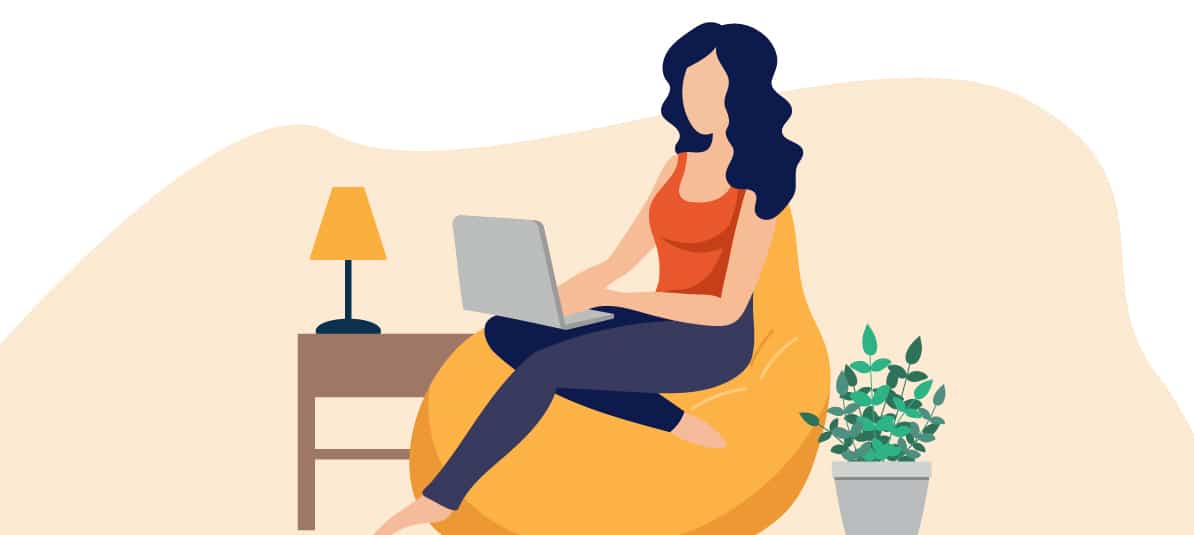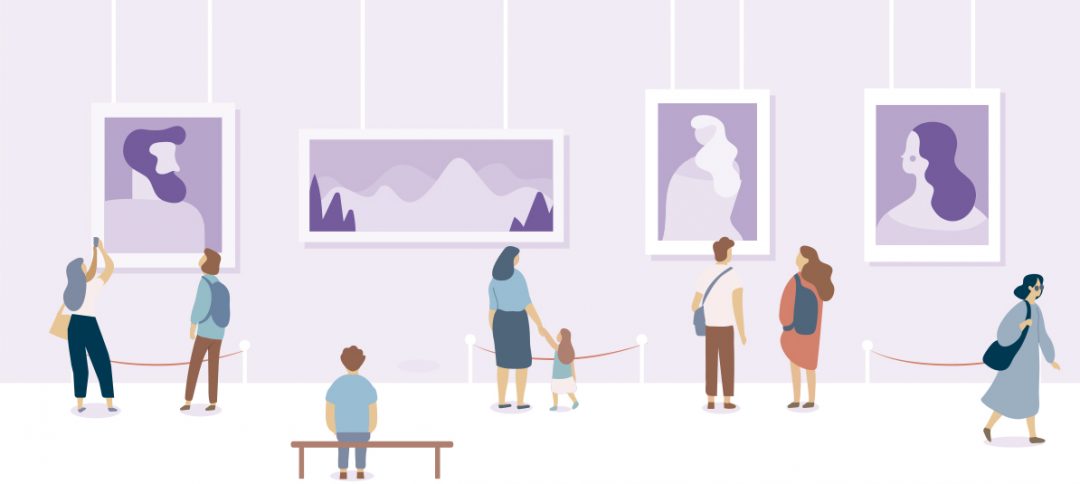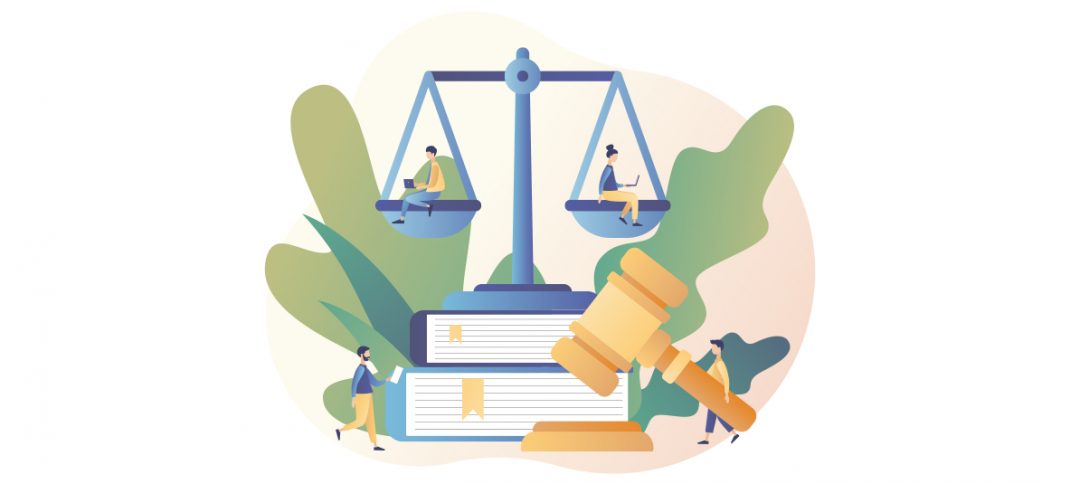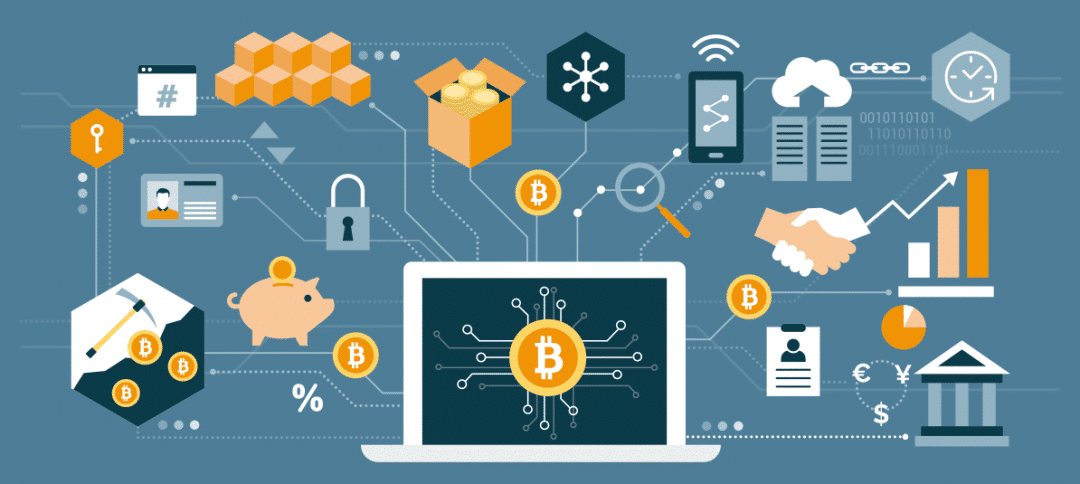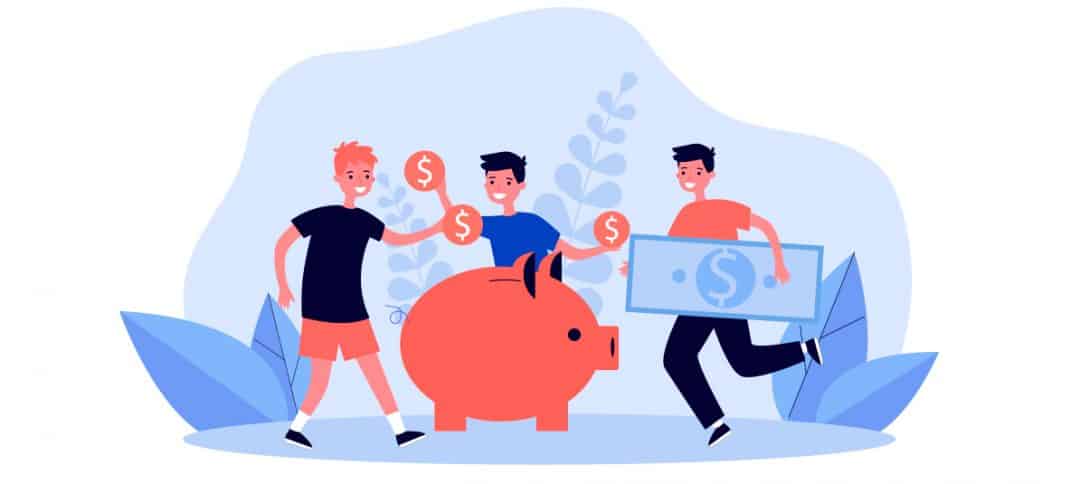However, minimalism predates the famous Japanese author and her advice on how to lead a tidy life.
What is minimalism?
The dictionary defines minimalism as an “aesthetic and intellectual trend that seeks to express the essential by eliminating the superfluous”, a good approach to the basic idea underlying this movement.
Indeed, minimalism is about having more, with less. More happiness with fewer things, more peace of mind with less need for consumption and physical goods. Socrates once said that “The secret of happiness, you see, is not found in seeking more, but in developing the capacity to enjoy less”.
That is the basis of minimalism, which does not necessarily mean living like a hermit or, as the most extreme followers of this trend do, having only 100 possessions (clothes included). In reality, minimalism has more to do with conscious spending and knowing how to identify what is really important to you.
In other words, becoming aware of what you really need, what makes you happy, and simplifying your lifestyle to focus on these things.
Perhaps the easiest way to understand this is through minimalism applied to tidying and decorating a home. Think about your closet for a moment. How many clothes do you have that you haven’t worn for months (and not because they are not in season)? Those clothes take up space and may even generate anxiety or uneasiness when you see them, but at the same time you feel bad about throwing them away.
The same happens with many souvenirs and decorative elements that you hold on to and that can even shape the decoration of your home, as well as being more work to take care of and clean.
Minimalism invites you to reflect on the habit of accumulating and the inertia of needing more. The ultimate goal is to focus on what is really important to you. This will help you simplify your lifestyle and also your goals because, in the end, there are few things that truly satisfy us.
Financial minimalism
Minimalism, savings and finances go hand in hand. The very concept of minimalism already involves a clear economic and consumption component.
As you focus on what is important to you, you will be able to do without many superfluous expenses that have more to do with consumerism than with your actual needs. In other words, you will save more and, above all, you will use your money much better.
How to become a financial minimalist
Practicing financial minimalism is easier than you think. In the simplest terms, it consists of reviewing your expenses and keeping only those that are key for you, using the rest to achieve your life goals, which will usually be things that are more focused on the long term.
In a nutshell, the classic formula of financial freedom: spend less than you earn and invest the rest.
This is the step by step way to get started with minimalism:
1. Stop and think: what makes you happy?
The first step towards minimalism in any field is know yourself. Clear your mind, think about the things you enjoy, the happiest moments in your life, what adds value to your day-to-day life…
You will be surprised how quickly you will find a common thread that links most things.
2. Simplify your life: what do you have at home and what do you spend your money on?
Once you know what makes you happy, it’s all a matter of focusing and eliminating everything that doesn’t add value.
To reduce your belongings in a meaningful way you can ask yourself three questions: do I really need it, is it something that makes me happy, and how long has it been since I’ve used it?
With your expenses, start by drawing up a basic budget that will allow you to see what your real costs are. You are sure to find countless items that do not make you particularly happy. If you want to start small, begin with fixed expenses, which are easier to eliminate than those that have to do with consumption habits.
3. Simplify and automate your finances
As you apply minimalism to your home and your expenses, you can take the opportunity to do the same with your entire financial system.
The basic idea is very straightforward: simplify and reduce the tools you work with and automate when you can.
Translated into concrete actions.
- Automate your savings as we explain here.
- For expenses that are not key for you or essential in your life, stop these leaving your account automatically and pay them manually.
- Simplify your financial framework and eliminate the products you don’t need. For example, no one needs 5 credit cards or 5 checking accounts, for example. Another thing are investment products, where diversification is important.
What can you achieve with financial minimalism?
There are 6 advantages to having minimalist finances that are not obvious and may take some time to show up, but they will eventually emerge.
You will say goodbye to debt
Simplifying your needs and your finances will prevent you from falling into the trap of debt and compulsive shopping. You need less and therefore buy less.
Thanks to minimalism, you will be more aware of your life goals and it will be easier to apply the maxim that if you can’t afford it, you shouldn’t buy it.
This can also help you to get out of debt. On the one hand, as you will see now, it is normal for you to spend less and save more, so you can put a plan in place to reduce any debt you have.
On the other hand, by understanding your goals and objectives, you will be more aware of the effect debt has on your finances, and that will prompt you to take action.
You will save more and better
Minimalism encourages you to spend money according to the use you are going to give to each thing. In fact, the first thing you should ask yourself before buying anything is if you need it and how happy that purchase will make you.
Typically, you won’t really need it, nor will it make you very happy in the long run (although it will in the short term, because your brain likes to buy things).
The consequence is that you will consume less and what you do buy will be more focused. The bottom line is that you will save more money than before.
You will buy better
The simple act of stopping to think about how you consume will make you buy less and your minimalist lifestyle will make those purchases more meaningful and of higher quality.
For starters, you will be able to avoid the trap of many offers, which seek to activate the loss aversion bias. When we let a promotion slip through our fingers, it’s like missing an opportunity and our brain likes to win, but, above all, it hates to lose.
In addition, you will buy products of a quality that is appropriate to their importance for you and the use you are going to give them. For example, you will forget about those super-cheap hiking boots that will last you one season, and you will get better ones that will last you four seasons and that are more comfortable, even if they cost a little more.
Make more money (if you sell what you don’t use)
One of the cornerstones of minimalism is to give up what doesn’t make you happy in life to focus on what does. It’s a way to simplify your home and what’s in it.
In other words, reduce what you have at home. And what can you do with all those belongings that you no longer need? You can start by selling them for cash, which will get you closer to your financial goals.
For the sake of consistency, you can donate or give away anything you can’t sell or that isn’t in a fit condition to be bought, and recycle the rest.
Have more free time
This advantage of minimalism is not as obvious at first glance, but it is also interesting.
Because you have less stuff, you need to spend less time on maintenance. To help you understand this better, think of a house full of bookcases and shelves with figurines and decorations on them that you have to clean. Now imagine a house with a minimalist design and open spaces. Which one takes longer to keep clean?
The same goes for your finances when you simplify your financial framework and automate transactions.
Live with less stress and be happier
In the end, minimalism is a way to prevent the financial stress that comes from not saving enough, spending more than you want on things that don’t really interest you, or feeling like you’re not focusing your life on what makes you happy.
Once you do this and become aware of it, your stress levels are reduced and your happiness and peace of mind increase.



